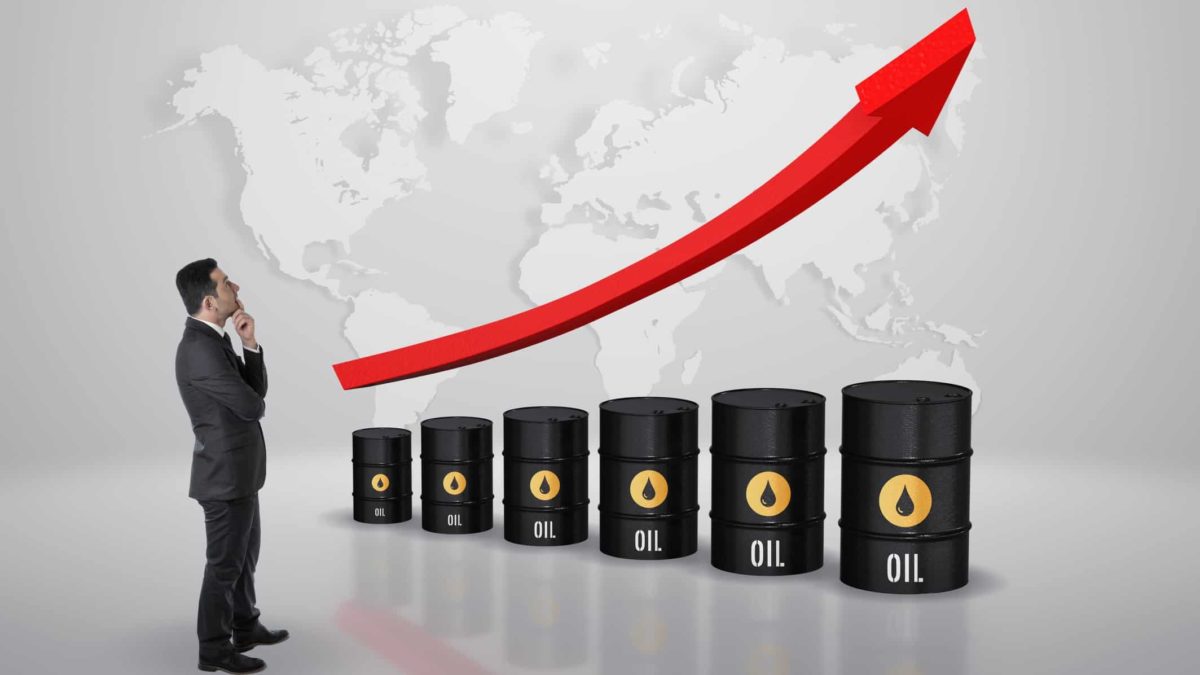Oil prices are a funny thing. No matter what happens with 'back gold', you always have a group cheering it on, and a group decrying it.
Think about it, if oil prices go up, investors in oil companies rejoice at the higher margins their companies are making, which of course eventually leads to higher profits and (usually) dividends. At the same time, every motorist, transport company, and farmer feels the pinch of higher petrol and diesel fuel prices. If oil prices go down, this situation is reversed.
In other words, there's never just a winner when it comes to oil prices. And in recent times, we have seen the oil price climb to new multi-year highs above US$80 a barrel. That's why it's been far more expensive to fill up your car in recent weeks, in case you were wondering.
So that's why we should all pay attention to some fresh news out today that may have far-reaching consequences for the global energy market. According to a press release out of the White House overnight, US President Joe Biden has approved the release of 50 million barrels of oil from the United States Strategic Petroleum Reserve.
US government floods market with oil
The US Strategic Petroleum Reserve is a government stockpile of oil that is designed as an emergency cache in case of a sudden supply shock or similar event. It was created in the aftermath of the oil shocks of the 1970s and is designed to hold a total of 714 million barrels of oil. As of 19 November, it held approximately 604.5 million barrels of oil in reserve, so Biden's release of 50 million barrels will make but a small dent.
The release comes after the OPEC group of petroleum exporting countries has been refusing in recent times to release more oil supplies in the wake of a global economic recovery.
Here's some of what the White House said on why this directive has been given:
Today, the President is announcing that the Department of Energy will make available releases of 50 million barrels of oil from the Strategic Petroleum Reserve to lower prices for Americans and address the mismatch between demand exiting the pandemic and supply…
This release will be taken in parallel with other major energy-consuming nations including China, India, Japan, Republic of Korea and the United Kingdom. This culminates weeks of consultations with countries around the world, and we are already seeing the effect of this work on oil prices. Over the last several weeks as reports of this work became public, oil prices are down nearly 10 per cent.
So clearly the intention here is to lower global oil prices.
What has this done for ASX energy shares?
You would think this would have a clear impact on ASX energy and oil shares like Woodside Petroleum Ltd (ASX: WPL), Oil Search Ltd (ASX: OSH) And Beach Energy Ltd (ASX: BPT). So how have these companies reacted to this news today?
Well, the Woodside share price is up today, by 2.23% at $22.95 a share no less. Oil Search shares are also rising, up 0.95% at $4.24 a share. And Beach shares aren't missing out on the party either. They're up 3.36% at $1.29 a share.
This rise in ASX oil shares could be due to the fact that global oil prices actually increased overnight. Brent was up around 1% at US$79.70 a barrel, while West Texas Intermediate (WTI) crude was up around 1% as well at US$76.75.
According to a report in the Australian Financial Review (AFR) today, this could be due to expectations of an even larger release being let down. The report quotes Amrita Sen, co-founder of consultant Energy Aspects Ltd. in London, who said that "this is a hugely political move, and the Asian countries are adding only small, largely symbolic amounts".
Bob McNally, president of consultant Rapidan Energy Group, was also quoted as saying. "If it comes to a test of wills and capabilities between a handful of strategic oil reserve holders led by the US and OPEC+, the market would probably bet on the latter prevailing."
As the dust settles from all of these machinations, it seems that the more things change, the more they stay the same when it comes to black gold.









